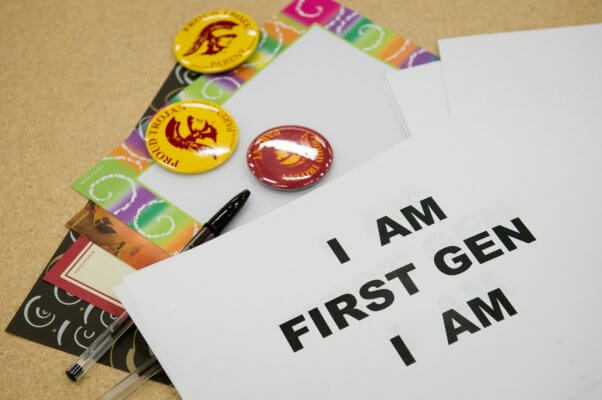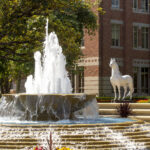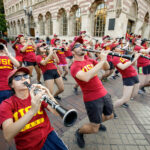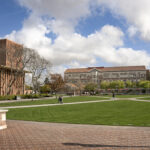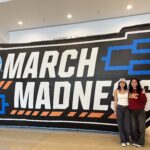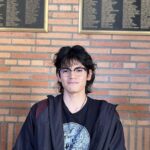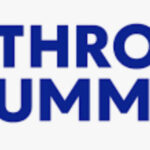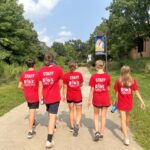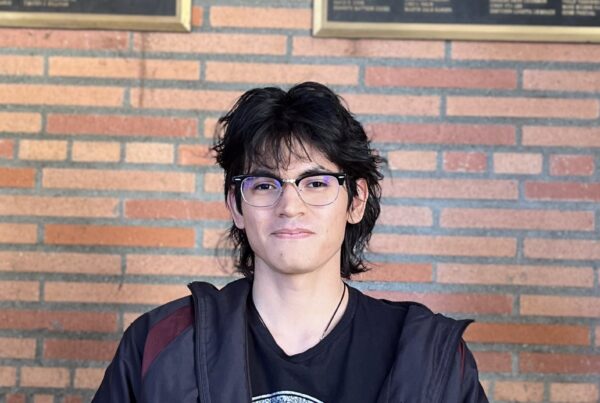As a second-semester senior, it can be easy to forget how and where I started my college career. It seems so long ago that I was a tiny freshman starting at USC, fearful and uncertain about where the next 4 years would take me.
As a first-generation college student coming out of high school, the college experience always seemed like a black box. You get into college, you wait four years, and then you pop out the other side with a degree. The decisions and situations I would have to juggle during those four years were a mystery to me and knowing that I couldn’t rely on anyone at home to give me the 411 only made me more nervous for my college experience at USC.
I’ll never forget my first set of college classes; I was taking introduction to programming, introduction to embedded systems, calculus 2, and a writing course. Not only was I taking my first ever college course, I was also taking my first ever engineering lab course! I’m going to be very frank: my first semester was very hard. I struggled with the pace of the classes; a college semester is fast-paced and every week you are introduced to new material that builds upon material from previous weeks. I was thrown by the new level of independence I was given in this academic setting; I was firmly responsible for my own learning and it was in my responsibility to seek help when I needed it. This “college learning curve” in addition to a challenging classroom curriculum was more than a little overwhelming.
Obviously, the story doesn’t stop there. I sit here now as a second semester senior who is graduating with a full-time job at Microsoft and with four internships (at NASA JPL, Facebook, Google, and Microsoft) all under my belt. I was able to cross this first-gen knowledge gap and was able to have a very successful college career as a result of that and I cannot say thank you enough to the individuals and organizations that contributed to my growth in this area.
Organizations like SWE (Society of Women Engineers) and SHPE (Society of Hispanic Professional Engineers) were invaluable in setting me up for relative success my freshman year. Upperclassmen in SWE helped me draft my first ever resume, of which I still have a copy of to remind myself of where I started. Fellow SHPE members were the first to reach out when they saw how much I was struggling in college and invited me to study sessions and resume workshops. All these resources were provided by student run organizations which is such a testament to the strength and presence these orgs have on campus, a nice perk which I really didn’t know about when I was a prospective student.
Individuals like my professors and fellow students were also so fundamental in helping me cross that first-gen gap. I was surprised by the patience and understanding my professors gave me when I reached out to them for help – I thought professors were so supposed to be cold and merciless! My fellow peers were also so kind whenever I reached out to them, even with “silly” questions. One of my closest friends (and now current roommate) was a friend I made in my first computer science class who helped teach me how to navigate my first use of github.
In summary, what I want to say is that being a first-generation college student is hard and comes with an immense learning curve attached. However, thanks to the help of student organizations and individuals at USC, I was able to cross this knowledge gap and came out better for it. I hope this blog helps fill in the blanks on what the first-gen student experience is like for a Viterbi student.

